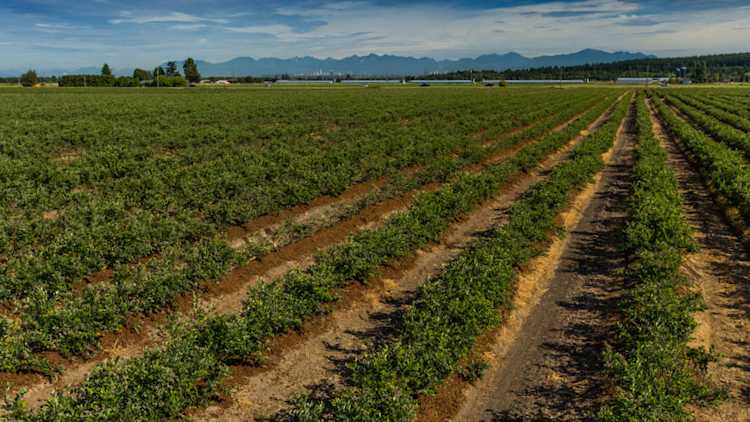Someone wants your land. Now what?

Canada’s population and industrial development capacity continue to grow. New homes, factories, infrastructure and other facilities have to go somewhere, though, with farmland often bearing the brunt of new construction.
Developers and regional authorities increasingly look to acquire farmland to fuel growth. Landowners should take extra steps to ensure their farm business is not placed in a disadvantageous position in the event they choose – or are forced – to sell.
Developers know the system – do you?
For Quinn Ross, an Ontario-based lawyer and founder of The Ross Firm, a company specializing in property and land expropriation, the first thing farm operators must recognize is they probably don’t know everything about how land is or can be acquired for development – but the person or group attempting to acquire that land does.
A critical first step involves seeking legal advice from professionals.Whether it’s a housing developer or a regional government trying to expand public infrastructure, this knowledge discrepancy puts the landowner at a significant disadvantage in ensuring the compensation they receive adequately reflects the impact of the acquisition. A critical first step involves seeking legal advice from professionals who know all the specifics of land acquisition and expropriation. Another is being open with others who may also be facing pressure to sell their land for a large development project.
“The key is aggregating as many of the people involved as possible because it allows control of the information narrative and speed of the project. If they can divide and conquer, they will,” Ross says, referring to the group trying to acquire land for developments requiring multiple properties.
“What we do is get a bunch of people together, develop a compensation methodology and make sure the entire process is consistent.
Otherwise, they will tell you fair market value and just try to push things through. If you don’t know how that all shakes out, and what to expect, you’re negotiating from a position of significant weakness.”
Ross also recommends landowners be extra mindful when private developers say they’re operating on very short timelines.
“If they can’t wait a couple of weeks for you to seek advice, then they’re not someone you should be dealing with anyway. No one can take land without the right of expropriation, even if they sound like they can.”
Compensation not straightforward
In Ross’ experience, the first hurdle is always getting people to understand that their land is being taken. Indeed, he says the realization can be devastating, even though they’ll be compensated.
Determining compensation can be complicated in itself, too, since the values offered frequently fail to account for all the impacts felt by individuals and their farm businesses.
“Legislation doesn’t necessarily treat agriculture property as a business,” Ross says. “There’s no compensation for the incremental costs of working around that hydro tower for the next 50 years.”
Complications inevitable
How a development will affect your farm business can also differ from what the developing body initially says. Graham Bolton, senior relationship manager with FCC in B.C., has helped customers navigate development pressures which, in practice, have caused more challenges than the landowner was originally led to believe.
“I have a customer who dealt with three expropriations. The last one was a highway that went right through his farm,” Bolton says, citing a case where a cranberry farmer had his cranberry bog divided by a highway. This significantly complicated the farmer’s logistical operations, particularly when the highway was being constructed.
Bolton says farm operators need to clearly communicate how the development will impact them and encourages them to gather as much data, and photographic evidence, as possible. This, he says, is the only way to successfully plead your case, should it come to that.
If someone is seeking your land, consider the following:
Know who wants your property. Municipalities and other regional authorities have the ability to expropriate. Developers do not.
Don’t let high-pressure tactics intimidate you. Even in expropriation cases, you have a right to a review process.
Determine the true value of your property and how the loss of a part of that property will affect your day-to-day business.
Seek advice from advisors familiar with expropriation cases. The more knowledge you have, the stronger your negotiating position.
From an AgriSuccess article by Matt McIntosh.